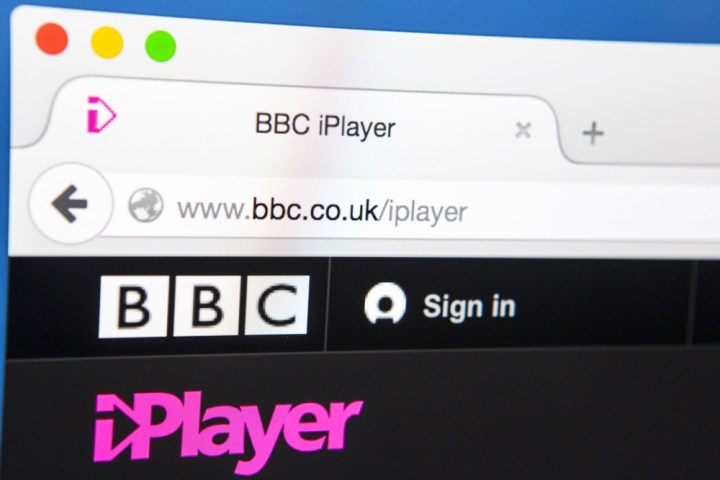
Message to me from New World Hackers on BBC DDoS : "It was only a test, we didn't exactly plan to take it down for multiple hours"
— Rory Cellan-Jones (@ruskin147) January 2, 2016
On Thursday, the BBC’s website, iPlayer, and digital services experienced significant problems beginning around 7 a.m. GMT, and remained largely offline until just before 11 a.m.
While the BBC has yet to verify the bold claim, correspondent Rory Cellan-Jones posted messages he received from NWH on Twitter, which claim that the distributed denial of service (DDoS) attack “was only a test, we didn’t exactly plan to take it down for multiple hours.” During the attack, NWH swarmed BBC servers with 600 gigabits a second of messages.
Further explaining their motivations, the hackers wrote, “We are based in the U.S., but we strive to take down Isis affiliated websites, also Isis members. We realize sometimes what we do is not always the right choice, but without cyber hackers … who is there to fight off online terrorists?” And as for why they chose the BBC, NWH says, “we wanted to see our actual server power.”
As Joe Lynam, the BBC’s business correspondent, noted that NWH’s “ultimate goal” is to “go for ISIS … and all their servers so they cannot spread propaganda from various … websites.” He continued, “[The group] posts the website which has been taken down with the hashtag ‘tangodwon’ or ‘takendown.'”
The group, created in 2012, comprises four female and eight male hackers, who have made it their collective mission to fight what they perceive as the world’s injustices. As the BBC reports, previous campaigns NWH has carried out include those against the Ku Klux Klan, as well as participation in #OpParis, which attempted to “identify and report ISIS social media accounts following the November attacks on the French capital.”
“We have to stress we have no evidence, but this group is claiming responsibility for this DDoS attack and they claim their ultimate goal is to take down ISIS websites,” concluded Lynam.


